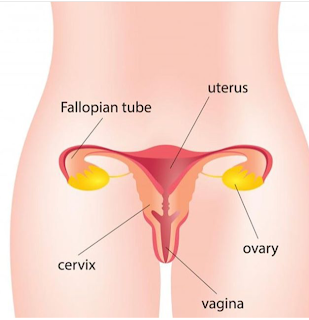The virginal is part of the female reproductive system. Contrary to popular belief. The virginal is an internal organ while the part located outside is the vulva. The vulva is generally the only part we can clean, using water and mild soap.
The virginal is the part of the female sex organ that is most active during sexual intercourse. Although it has the ability to clean itself and does not require any washing, it can be prone to infections. Infections in this area can spread up to cervix, uterus (womb), Fallopian tubes and ovaries. These infections can result in infertility.
Three common virginal infections.
1. Yeast infection/ Candidiasis
2. Bacterial Vaginosis
3. Trichomoniasis
These three infections have similar symptoms but are caused by different organisms. They are also treated differently making it important to know which type of infection you have before popping pills.
WAYS TO KEEP THE VIRGINAL HEALTHY
1. They are many virginal washes in the market. Never use them to clean the inside of the virginal. Wash only the outside.
2. The PH of the normal virginal is acidic. Therefore, anything that interferes with this can cause infection. Avoid the use of medicated soaps, very hot water and unrecommended substances.
3. Do not Douche by introducing fluids or soaps into the internal area of the virginal to wash it. This will make you prone to infections. Allow the virginal to clean itself .
4. Odors are a sign that something is wrong. It may mean infection, increased body activity, some foods or wrong underwear.
Cotton under wear are the best. If you suspect an infection, see a doctor.
5. Itching and pain are also signs that something is wrong.
6. Sex toys can expose you to infections. Avoid sharing of sex toys.
7. Some women do not seceret enough virginal fluid and need a lubricants or petroleum jelly, like vasiline. These can increase the chances of infections and may cause the condom to tear.
8. Condoms are helpful in preventing sexually transmitted infections. They are not hundred percent safe but they are effective.
Live healthy!
Source Dr kharis Effiong

No comments:
Post a Comment